- Nov 1, 2015
Living for the Trade, Trading for a Life
By Lydia Garcia
In The Invisible Hand, global financial markets loom large in the midst of a strained hostage situation, where economic philosophies and trading practices are discussed and applied not as distractions from the plight of an American banker caught in the wrong place at the wrong time, but as the very key to his survival.
Playwright Ayad Akhtar began his initial work on The Invisible Hand in late 2009 and early 2010, in the wake of the 2008 financial collapse. After coming across David Rohde’s account of being kidnapped and held for seven months by the Taliban, published by The New York Times in a five-part series in 2009, Akhtar began to seek out other captive narratives from the Middle East and South Asia, such as the infamous killing of journalist Daniel Pearl in 2002. He was gripped by the question: how does one get out, and at what price? Akhtar, a self-described “follower of the markets” for most of his adult life, began to imagine an American trader caught in such a situation, forced by his Islamist jailers to use his trading skills to raise his own ransom. From those explorations, Akhtar conceived of the story of Nick and Bashir, whose complicated captor-captive relationship has unforeseen consequences.
At times, the action of The Invisible Hand sounds uncannily like a graduate-level economics course. Talk of assets, puts, futures, options, shorts, and currency baskets flies by in an adrenaline-fueled staccato rush. Multimillion dollar financial positions are risked and rewarded. Scraps of insider information are used to their fullest advantage. As their bond develops, Nick and Bashir while away their time debating the merits of Bretton Woods, the financial system developed at a 1944 conference in Bretton Woods, New Hampshire to establish a post-World War II international economic system among independent nation-states, a system that would eventually include the International Monetary Fund and the World Bank. Nick, who wrote his undergraduate Princeton thesis on Bretton Woods, sees the monetary policy that emerged in the postwar years—a system that maintained a measure of stability by tying international exchange rates to the U.S. dollar—as a mechanism that brought about a lasting peace. Bashir, seeing the effects of American speculation on wheat prices as it triggers a food shortage in Pakistan, has a different opinion about the benefits of an international market anchored by the dollar.
Where Bashir and Nick find unexpected agreement—though with devastatingly different interpretations—is in Adam Smith’s metaphor of the “invisible hand,” which gives the play its title. Describing the self-regulating nature of the marketplace in The Wealth of Nations (1776), Smith believed that an individual has the power to make profit without the intervention of the government, and that an individual’s efforts to maximize their own gains may benefit a free market society:
“Every individual necessarily labours to render the annual revenue of the society as great as he can. He generally neither intends to promote the public interest, nor knows how much he is promoting it … He intends only his own gain, and he is in this, as in many other cases, led by an invisible hand to promote an end which was no part of his intention. Nor is it always the worse for society that it was no part of his intention. By pursuing his own interest he frequently promotes that of the society more effectually than when he really intends to promote it. I have never known much good done by those who affected to trade for the public good.”
Suddenly, the esoteric manipulations of the global marketplace—where a transaction made on the floor of the New York Stock Exchange can affect the price of potatoes in Jhelum—becomes a far larger debate about the role of capitalism, religion, and self-interest in attaining an elusive “public good.” “Public good” as defined by whom? At what cost? For what purpose? As Nick and Bashir delve ever deeper into the murky recesses of the world of high finance, both learn the extent to which they can sway the invisible hand, and begin to comprehend the ways they are in its iron grip.
In a conversation with Berkeley Repertory Theatre’s Sarah Rose Leonard, Akhtar spoke about his interest in the intersection of religion and the financial world today, calling them “the two central issues of our times.”
“I think that the language of finance and the dilemmas of faith are the two central narrative axes of the collective psyche of the fading, late, capitalist empire that we are. For me, it is not a matter of a conscious choice to write about that; it’s the emanation of a natural interest on my part. I read the Wall Street Journal every day. I have been preoccupied with issues of faith most of my life. I think that, actually, writing about the financial world is writing about religious ideology. I think that free-market capitalism has all of the hallmarks of religious ideology: assumptions about reality, enacted rituals, the expectation that certain rituals will lead to certain outcomes when it’s patently the case that it never does, vociferous belief, and the marshaling of national and personal resources to justify unproven and unprovable assumptions about reality. Eight hundred years ago, we could’ve talked about the reigning ideological order guiding individuals and nations, and we would’ve called it the church. Today we call it the economy.”
